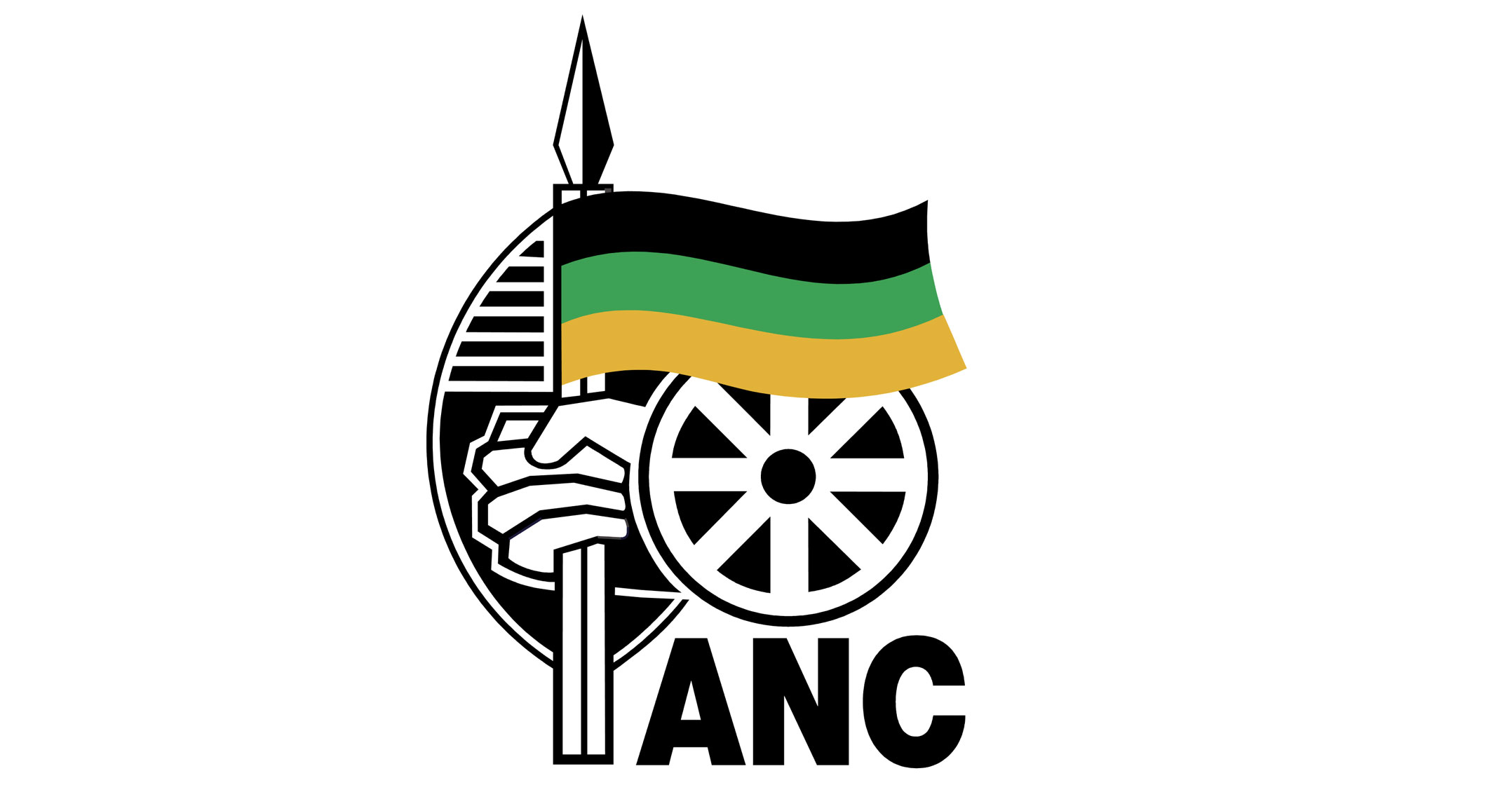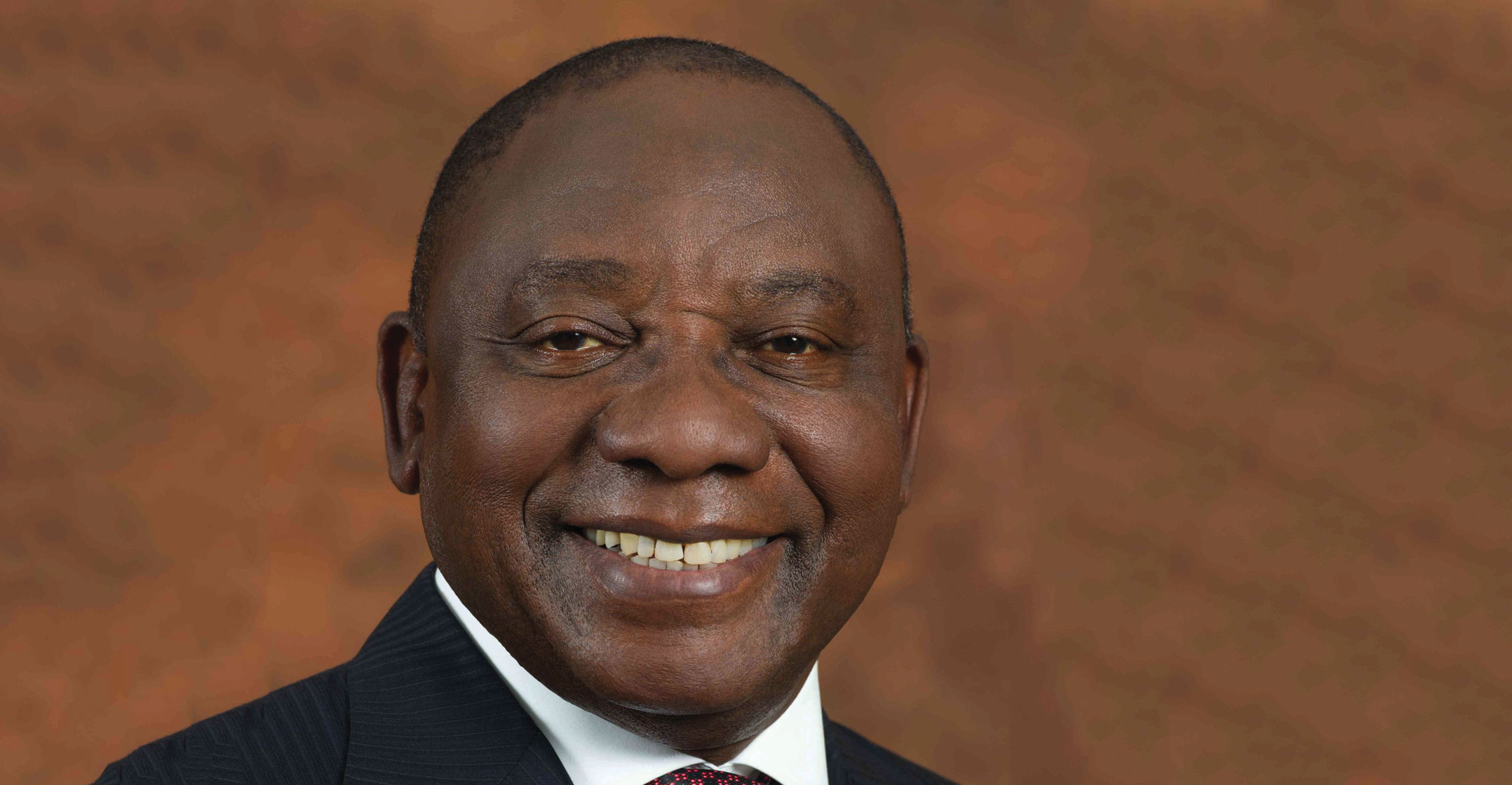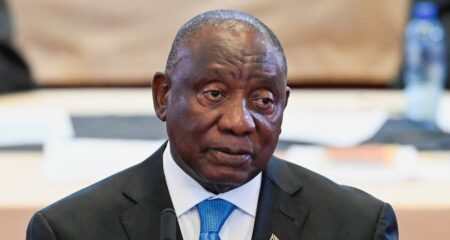
[dropcap]T[/dropcap]he ANC gathers this week to review and revamp its policies at a meeting that will be overshadowed by a power struggle to succeed President Jacob Zuma as leader of the ruling party.
Deputy President Cyril Ramaphosa and Nkosazana Dlamini-Zuma, the former head of the African Union Commission, are leading the field of contenders to be elected head of the ANC in December and probably president in 2019. Dlamini-Zuma has backed her ex-husband’s call for “radical economic transformation” to increase the black majority’s share of wealth, while Ramaphosa has put more emphasis on inclusive growth and a clampdown on corruption.
The leadership contest won’t feature on the agenda of the six-day ANC policy conference that starts Friday in Johannesburg, but divisions between the competing power blocs will play out in the debates over issues such as land redistribution and ownership of banks and mines.
“What people will look for at that conference is to what extent it gives an indication as to who’s winning in the ANC, in terms of the factional battles going on there and what that means in terms of economic policy and markets,” said John Orford, who helps manage about R600bn at Old Mutual Investment Group.
Policy decisions by Zuma have weighed on local assets: he fired the respected Pravin Gordhan as finance minister in March, a move that saw the nation lose its investment-grade status with two ratings companies for the first time in 17 years and sparked calls from within the ANC for him to be fired.
Reports by the nation’s graft ombudsman and thousands of e-mails leaked to the media implicating Zuma and his allies in the looting of billions of rand from state coffers have heightened party divisions and compounded investor unease. Zuma denies wrongdoing.
Missed rally
South African stocks have missed out on an emerging-markets rally in 2017, held back by an economy that slipped into recession for the first time in eight years. Johannesburg’s benchmark stock index is up just 1.9% since January, compared to the 17% advance in the MSCI Emerging Markets Index. Foreigners have sold a net R76.8bn worth of South African shares since the start of the year.
Divisions over what needs to be done to address the malaise have become increasingly prominent in the ANC this year.

While Zuma backed a new mining charter published 15 June that calls for greater black ownership and which has been condemned by the industry, Ramaphosa said companies and the government should “go back to the drawing board” to reach consensus. The president has also called for the constitution to be changed to allow land seizures without compensation, an option rubbished by other senior ANC leaders.
Draft policy proposals circulated ahead of the ANC’s policy conference contain few new initiatives to revive growth and tackle corruption, according to Susan Booysen, a politics professor at the University of Witwatersrand’s School of Governance in Johannesburg.
“I see a serious mismatch between the challenges of the time and the solutions that the ANC proposes,” she said by phone.
Peter Attard Montalto, a London-based economist at Nomura International, expects the talks on land redistribution and other measures to effect so-called radical economic transformation at the conference to garner the most investor interest. Industries such as mining and financial services, which the government has indicated require intervention, are most at risk from policy changes, he said in an e-mailed response to questions.
Volatility around South African markets is expected to increase in the build-up to the leadership vote in December, said Soledad Lopez, an emerging-markets strategist in the chief investment office at UBS Wealth Management. That clouds the outlook for local stocks.
Fundamentals
“In terms of fundamentals, South Africa has good earnings growth relative to the rest of emerging markets, but the lower growth and the volatility in politics have been offsetting this,” Lopez said.
John Stremlau, a visiting professor of international relations at the University of Witwatersrand, expects policy issues to take a back seat until the ANC succession battle plays itself out.
“They are so preoccupied with the leadership struggle, I don’t think we are going to see light at the end of the tunnel until after December,” he said. — Reported by Neo Khanyile and Mike Cohen, (c) 2017 Bloomberg LP




